In October 2008 Emha Ainun Nadjib and Kiai Kanjeng toured seven cities of The Netherlands. Following is a text written by Emha for use during the tour.
The music of Kiai Kanjeng is born of very simple things, which are perhaps not indicative of a number of key cultural dimensions in music, such as quality, creativity, career, professionalism, stardom, etc.
Kiai Kanjeng’s instruments, their artistic material, arrangements, the areas where they enact their social interface: all are born of the consciences of the people who are gathered in the group, and enjoyment of the warmth of brotherhood and humanity on a scale beginning with the minute and ending in the infinite.
Kiai Kanjeng’s Gamelan are modified from Javanese Gamelan with a notation created in such a way as to accommodate all musical possibilities around the world. This is driven by the urge and the will not just to recognise humanity everywhere (in every nation, group and religion) but also to respect and love all humanity, wherever it exists.
The Javanese language contains an idiom “nguwongke wong”, to make a man of a man, to humanise. With this idiom we recognise people as people, respect and understand them and love them. Kiai Kanjeng’s musical arrangements and all their journey of socialisation begin with an awareness that in every everyday situation there is always someone who wishes to connect in brotherhood with them. There are our brothers and sisters in Asia, in Africa, in Latin America, in the Middle Eats, in the West, wherever and whoever, and Kiai Kanjeng is forever burdened by the fear of losing contact with their brotherhood and love. In their everyday lives, Kiai Kanjeng share a concern that this brotherhood and love can be eroded over time, distorted, lessened, reduced or even lost due to a number of cultural mechanisms which are, to a too great extent, controlled by the apparatus of the state, industry and religion. (This point clearly requires discussion and time).
However, this very simple vision is, one way or another, something that we must simplify yet more until we can truly identify what it is that we are. For example, we are Muslims, but in fact it might be nicer if no-one need know that we were Muslims, because that which is important is not who we are, our place of origin and our identity, but rather whether what we do benefits and brings joy to the people we meet or not. If we had to choose whether Kiai Kanjeng is a group of musicians, artists, ideologists, religious thinkers or anything you care to name, perhaps we are most comfortable with the label “activists for humanity”. Even better, just call us “people”, because to maintain the human in humanity is the prime struggle for each and every person.
Even God, in the Islamic perspective, on the Day of Judgement, will not ask our identities, but he will identify and sort our social and personal acts. Islam is just the “input”; and that which has to do with other people and God is our “output”, socially, as people.
If simple social interaction does not permit us to conceal our religious identities, then perhaps we might agree that these be positioned in the same way as are husband or wife. Each person has the right to choose his or here husband or wife, complete with the freedom to argue and all reasons of history. And no-one has the right to question and has no reason to debate why this man or this woman would choose this or that spouse, nor is there any need to compare for any reason whether one man’s wife is more attractive than another’s or one woman’s husband more handsome than her friend’s.
Clearly, in religion, just as in the selection of a husband or wife, there are specifics and positions that can not all be the same.
We come to the Netherlands and wherever we may travel to in Indonesia and the world not primarily as a group of musicians or artists. Yes, there are musical arrangements and other indications of art but these are not what Indonesia sees in us and they are not our prime concern.
Perhaps there are a number of thoughts pronounced on a number of issues, but it is not as thinkers or intellectuals (and certainly not scholars) that Indonesia defines us or we define ourselves. And maybe there are things said and done in the name of religion but these in no way lead Indonesia to view us or us to view ourselves as religious practitioners or activists. If it is clear that the religion we indicate is Islam, even that in no way means that we differentiate, question or debate other religions embraced and practised by people all over the world, and certainly neither do we make our religion, your religion or their religion the domain of us, you, or them.
We are a group of simple people, who fill their days with the aim of enjoying togetherness, love and unity among people bot hat the small scale and the big. We call this togetherness the “Maiyah Movement”, with communal networks all over Indonesia, aiming to enhance education, cultural creativity, the economy and the arts.
With every musical arrangement, sound and note it is our sincere intent to enjoy the brotherhood of all people all over the world. And so it is in every other form of our artistic expression, and so it is in every gathering we hold each month in the five major cities of Indonesia, and in every school that we establish in every location that we work, in every book or article that we write and distribute, in every communication in which we are engaged, in every micro-economic contribution we make to the grassroots people of our nation.
With every musical arrangement, sound and note it is our sincere intent to enjoy the brotherhood of all people all over the world. And so it is in every other form of our artistic expression, and so it is in every gathering we hold each month in the five major cities of Indonesia, and in every school that we establish in every location that we work, in every book or article that we write and distribute, in every communication in which we are engaged, in every micro-economic contribution we make to the grassroots people of our nation.
Every contact we make and every involvement we have with anyone, in any field, at its beginning and at its end, is, I say again, “just” an expression of that drive to enjoy the brotherhood of humanity. And if ever we come into contact with those “other” domains of this worldly world: the domains of politics, Presidents, big industry, competing global ideologies or whatever it could be – still do we not dare to lose the primacy of brotherhood and humanity.
We are a group of weak people; we fear the loss of the intimacy of humanity, and we pay for this fear with the courage to lose other things: success and recognition, position and power, career and greatness. In other words: We are a group of people who cannot achieve success and recognition, position and power, career and greatness – and so we strive so as not to lose the simplest things in life: brotherhood, family and the intimacy of humanity in this short life of ours.
We are a group of weak people; we fear the loss of the intimacy of humanity, and we pay for this fear with the courage to lose other things: success and recognition, position and power, career and greatness. In other words: We are a group of people who cannot achieve success and recognition, position and power, career and greatness – and so we strive so as not to lose the simplest things in life: brotherhood, family and the intimacy of humanity in this short life of ours.
Translated by Ian L. Betts

































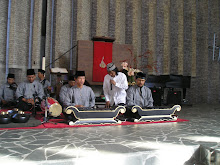
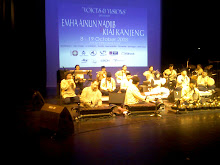

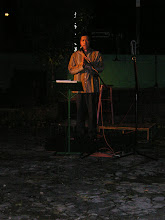



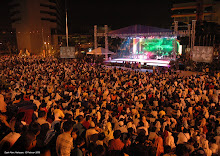
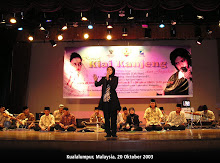
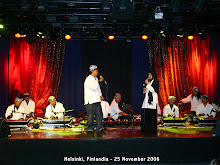.jpg)



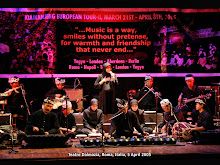


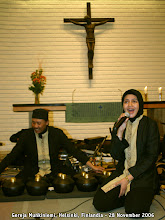.jpg)

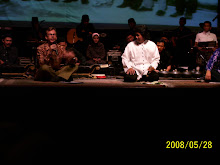.jpg)
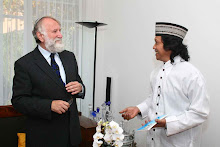
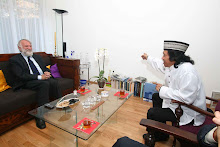
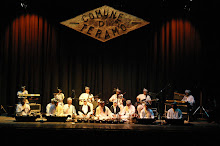


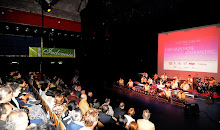

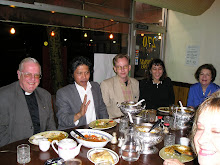


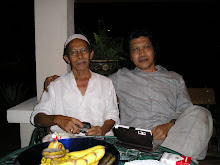
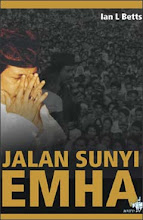
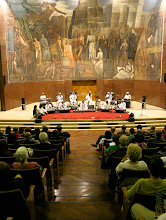
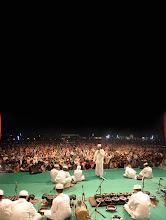

No comments:
Post a Comment